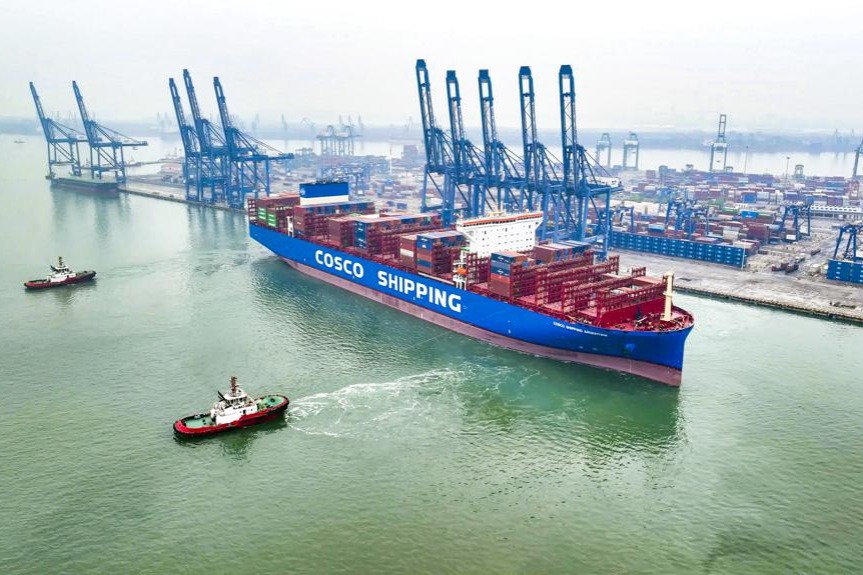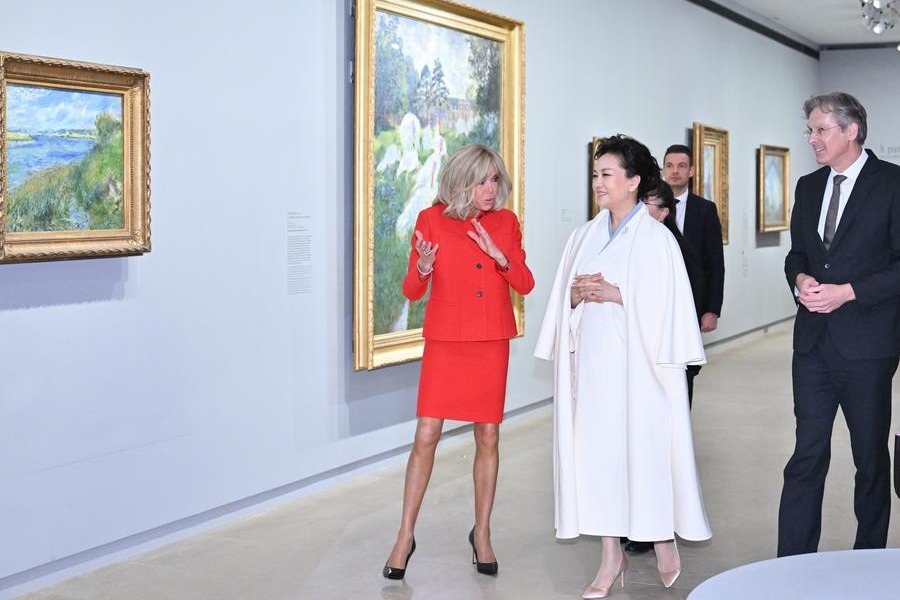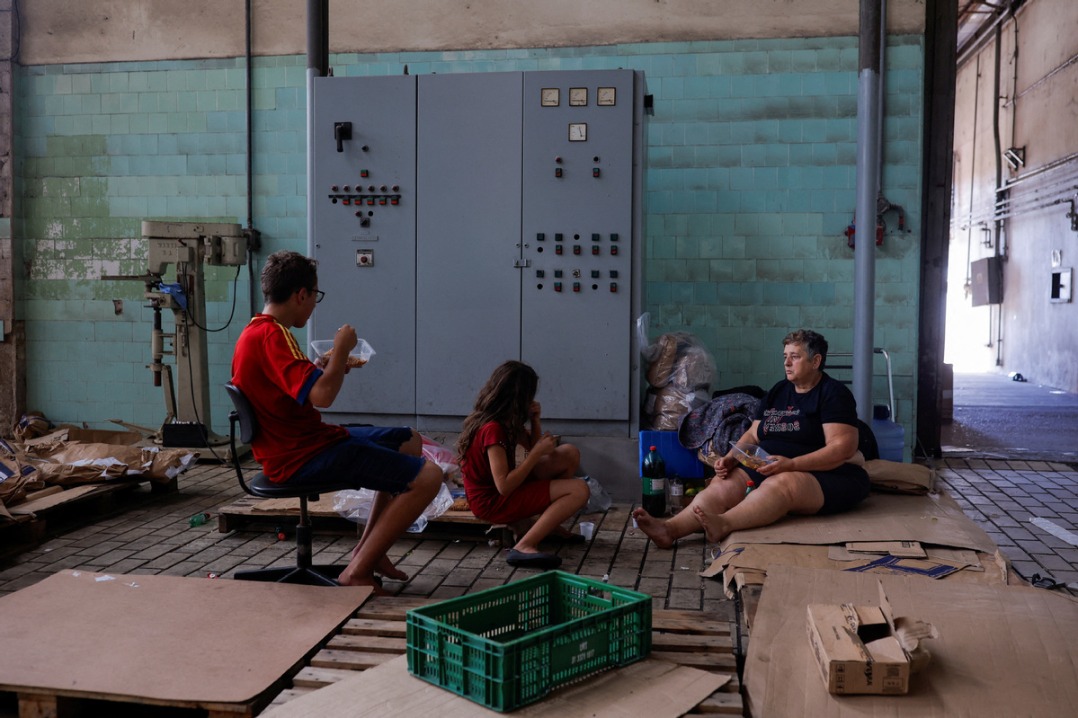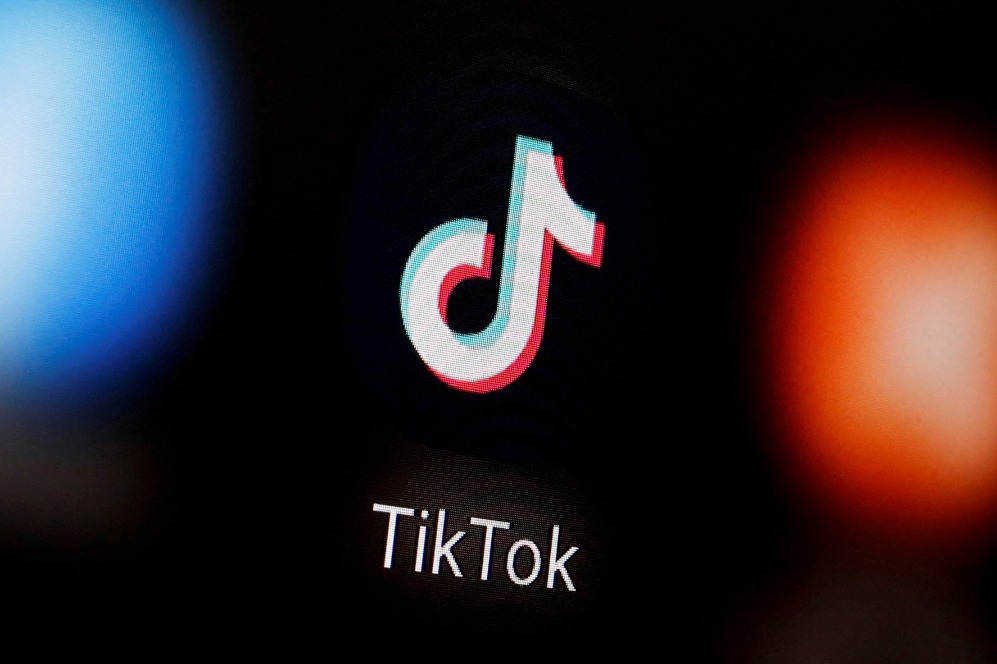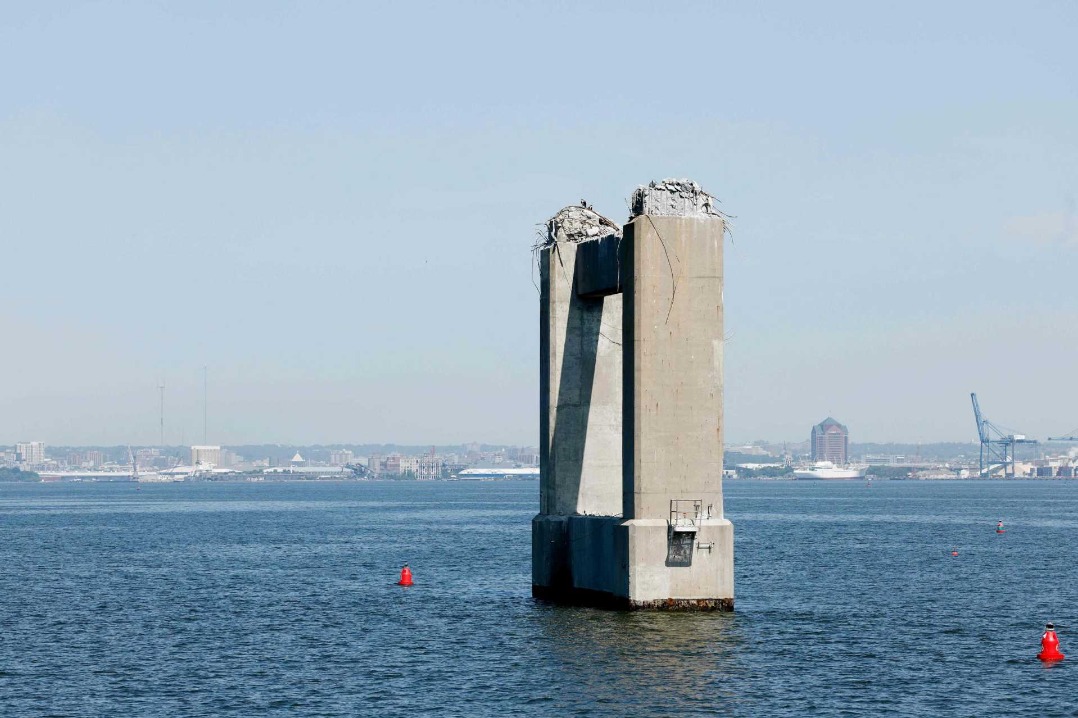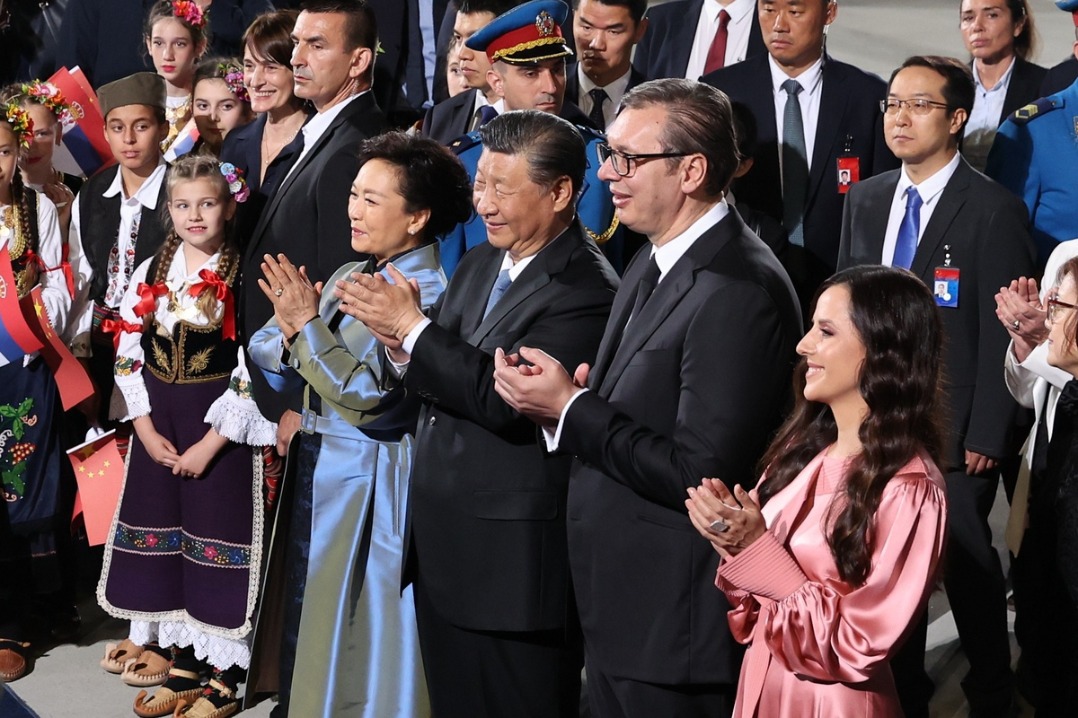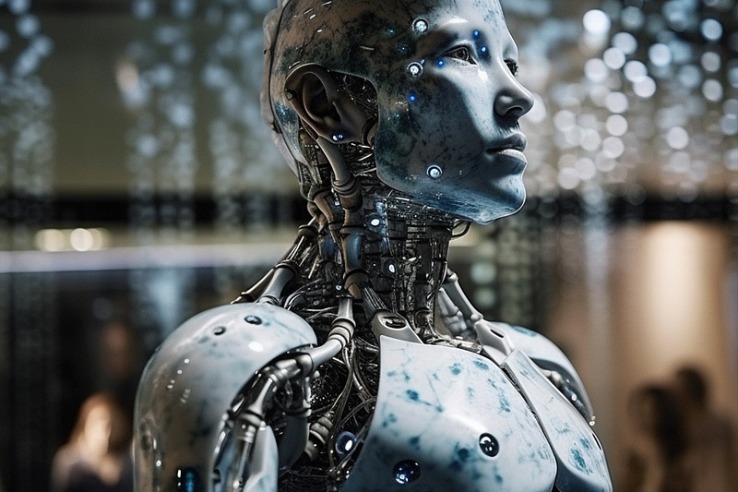Ambassador: US keeps changing position on ending trade war

China's ambassador to the United States Cui Tiankai said China wants to end the trade war with the US, but that the US position keeps changing "so we don't know exactly what the US would want as priorities’’.
"We are ready to make a deal. We are ready to make some compromise, but it needs the goodwill from both sides," Cui said in an interview on Wednesday with National Public Radio. "We want to solve it through negotiation and consultation between the two sides. But in order for the negotiation, the consultation to succeed, we do need goodwill and good faith from both sides.’’
But Cui said that he is not seeing sufficient goodwill or good faith from the US side. He said that he thinks "there's been some attempt on the US side to force something like, the US will get 100 percent and China will get zero. I don't think this is fair. I don't think this is possible’’.
Cui said that in the last few months there has been a lot of discussion in many areas between the two sides.
“We offered to reduce the trade deficit of the United States, for instance. And we also presented a very good proposal to the US side about the further reform and opening up in China, some of the so-called structural issues. We are ready to work on the issues. Then I think more than once we had some tentative agreement between the two working teams. Then just overnight the tentative agreement was rejected and the demand from US changed. So this is very confusing, and this is making things very difficult,” he said.
Cui also spoke about the South China Sea.
“We have sovereignty over many of the islands in the South China Sea. And this has been a longstanding position of China despite a change of government, you see, in 1949,” he said.
Cui said that at the end of the Second World War, the then-Chinese government with the help of American naval ships took back the islands from Japan’s occupation.
“It was American naval ships that sent Chinese troops to take back these islands from Japan. So we have a longstanding sovereignty over these islands, but we are also aware there are some territorial disputes. And now we're ready to work with other countries to have negotiations to have a final solution to such disputes,’’ he said. "We understand this will take a long time, but in the meantime it is our intention to maintain stability there. That's why we are working on a code of conduct with the ASEAN countries.”
“Before we are able to solve the territorial disputes, we should work together to maintain stability, to try to engage in some joint development of resources there, to keep a good order in the region. So I just hope that the United States will join our efforts, will be helpful, not try to disrupt the process towards peaceful negotiations,” said Cui.
When asked about recent news reports that the Trump administration considered banning Chinese students from studying at American universities, Cui said if it is true, “this is a very dangerous situation because so many Chinese students are studying here, and a growing number of American students are studying in China. Such people-to-people contact would be the real foundation of friendship and the cooperation between the two great countries.’’
Cui also mentioned that a few years ago The Children's Museum in Indianapolis, Indiana, hosted a big event on Chinese culture that was a great success.
“I was invited to address the opening ceremony, and I had a meeting with then-Governor Mike Pence. Pence was a great supporter to such people-to-people intercultural exchanges. It's certainly a benefit to both, people of both countries. And the local people, they were so enthusiastic about such cultural events. So why should we cut off all these ties, all these natural ties between the two peoples?” he said.
Cui said that competition between the US and China is "only natural".
"But there's also a much larger need for cooperation. This is also the reality in today's world. Our two countries together with other countries are faced with so many common challenges, the so-called global challenges or global issues, and no country can really handle all these things all by itself. We have to cooperate whether we like it or not. This is a growing mutual need and a common interest,” he said.
















